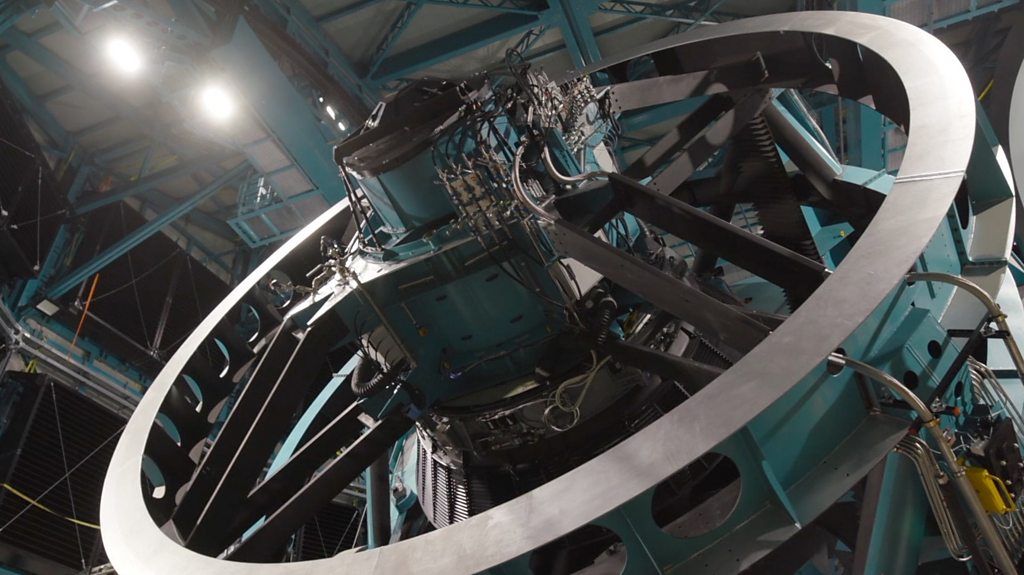The Rise of Sustainable Travel: How Eco-Friendly Hotels Are Leading the Way - Focus on Travel News
More travelers are paying attention to the environmental impact of their trips. Travelers want to travel more sustainably, and many are actively searching for ways to reduce their carbon footprint. One of the easiest places to start is with accommodations. Hotels have a major role to play in how eco-friendly a trip can be. But while some hotels are making real progress, others are just using green language to attract guests.
Sustainable travel is not about doing everything perfectly. It’s about making better choices, and hotels are stepping up in new and practical ways. The goal isn’t just to look good on paper—it’s to actually reduce harm and help protect the environment.
Not every hotel that calls itself eco-friendly actually is. Some make small changes but keep most of their old habits. Others make sustainability part of their full operations.
A truly sustainable hotel makes clear efforts to lower its energy use, reduce waste, and support the local community. These hotels often work toward certifications like LEED or Green Key, which require them to meet specific environmental standards. For example, a hotel might install low-flow water fixtures, use LED lighting, and create detailed recycling programs. The best ones go beyond that and include sustainable food options, fair labor practices, and eco-friendly construction choices.
Running a sustainable hotel takes more than passion—it takes knowledge. That’s why many future leaders in the travel industry are turning to programs like the BBA in Hospitality Management . This AACSB-accredited program is designed to develop strong leadership and problem-solving skills, with a special focus on real-world hospitality operations.
The online format gives students across the U.S. the chance to build a solid foundation in service and tourism, while also learning about ethical business practices. These students learn how to lead hotels that don’t just serve guests well but also reduce harm to the planet.
One big issue in the hotel industry is waste. From plastic bottles to single-use packaging, the average hotel can throw away a lot each day. But some hotels are working hard to change that.
Many are getting rid of plastic water bottles and switching to filtered water stations. Toiletries are moving from small plastic bottles to refillable dispensers. Some hotels have added compost bins in kitchens and even in guest areas.
Hotels that serve breakfast or run restaurants are also cutting down on food waste. They use better planning, track leftovers, and donate extra food when possible. These changes not only help the planet but also save money and improve operations.
Energy use is another key area for improvement. Lighting, heating, cooling, and electronics all require power, and many hotels run 24/7.
Some properties are now using renewable energy to cut down on emissions. This includes solar panels on rooftops, wind turbines for electricity, and geothermal systems for heating and cooling. In other cases, hotels may buy clean energy from certified providers or invest in carbon offset programs.
Using renewable energy is not just about helping the environment. It can also make operations more efficient and reduce costs over time, especially as energy prices rise.
Food is a big part of travel, and more hotels are choosing to serve meals that reflect the local area. Farm-to-table dining isn’t just a trend—it’s a way to support local farmers, reduce transportation emissions, and offer fresher meals to guests.
Some hotels grow their own herbs or vegetables on-site. Others partner with nearby producers for dairy, meat, or seafood. Guests benefit by getting more flavorful meals, and the hotel builds stronger ties to the community.
Menus in these hotels often change with the seasons, which reduces food waste and helps support sustainable farming practices. It’s a small change that makes a big difference across the board.
The push for sustainability starts before a hotel even opens. Many eco-friendly hotels are using smarter building materials and construction methods that reduce harm to the environment. This includes recycled wood, low-impact cement, and insulation that helps control energy use.
The design also plays a role. Hotels are being built to take advantage of natural light and airflow. Some properties use green roofs, which provide better insulation and absorb rainwater. Others focus on small footprints, placing their structures in ways that avoid damaging natural surroundings.
Construction waste is another concern. Leading hotel brands now recycle materials during the building process or repurpose them in creative ways. These choices may not always be visible to guests, but they have long-term value for sustainability.
Eco-friendly hotels are not just following a trend—they’re setting a new direction for the travel industry. Through better building choices, smarter energy use, and deeper community ties, these hotels are showing that sustainability works on every level. Travelers have a growing number of options to stay in places that care about more than profit.










